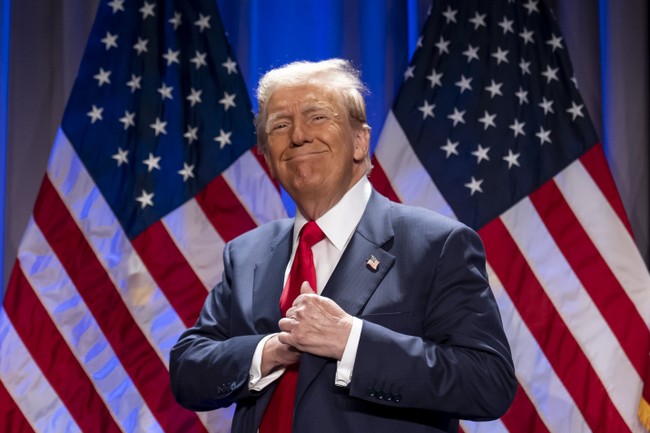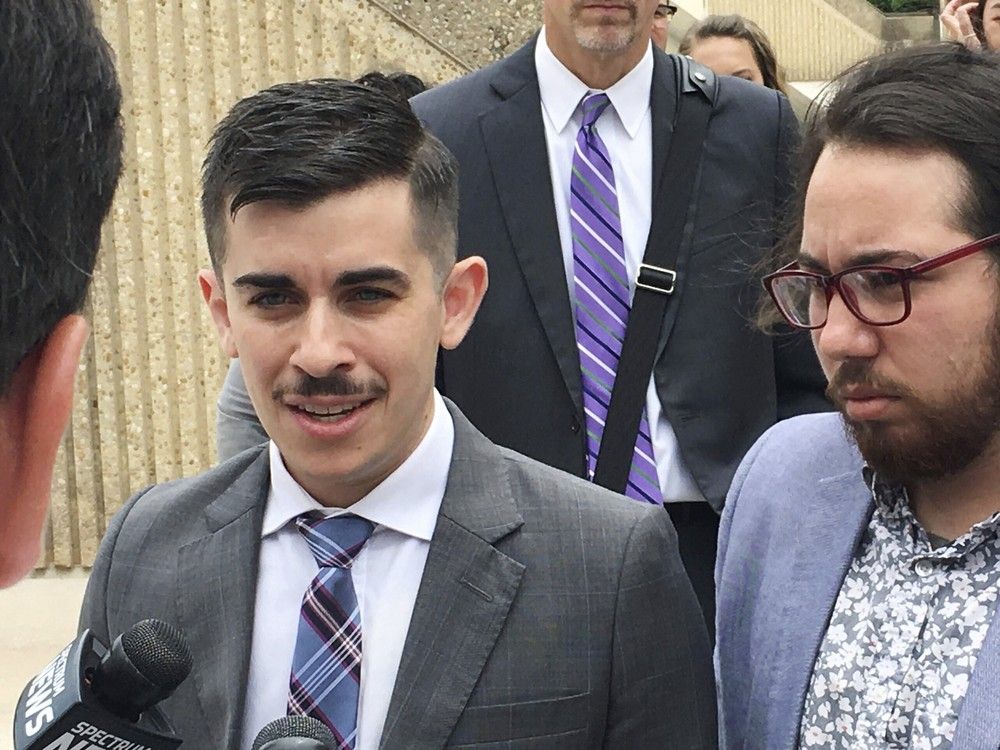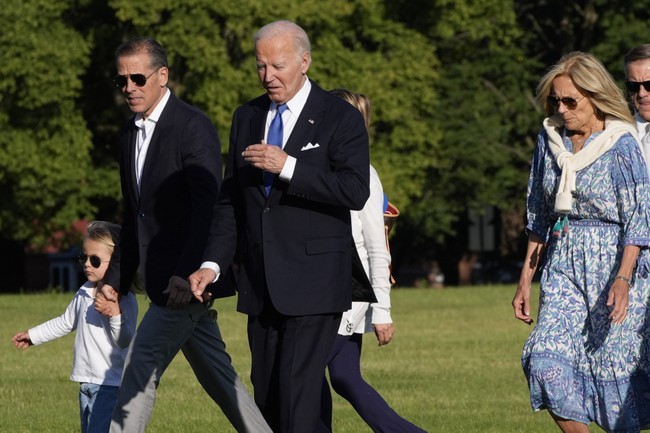Trump's Advisor Appointment Raises Eyebrows
Donald Trump's recent appointment of Massad Boulos as Senior Advisor on Arab and Middle Eastern affairs, amidst ongoing geopolitical tensions, is causing a stir in both political and diplomatic circles.
Published December 02, 2024 - 00:12am

Image recovered from redstate.com
In a move that's both strategic and controversial, President-elect Donald Trump has appointed Massad Boulos as his Senior Advisor on Arab and Middle Eastern affairs. Boulos, a figure with significant business acumen and a deep understanding of Middle Eastern geopolitics, is also intimately connected to the Trump family. He is the father-in-law of Trump's daughter Tiffany, making this appointment not just politically but personally significant.
Boulos has a rich background as a Lebanese-American businessman, with connections that extend through the Middle East, Europe, and the United States. His appointment reflects Trump's ongoing strategy of leveraging familial and personal relationships in significant political roles, a technique that has drawn criticism and accusations of nepotism. Critics argue that these appointments could blur the lines between personal loyalty and professional qualifications, potentially influencing American foreign policy.
The appointment comes at a time when the Middle East is fraught with conflict, notably the hostilities between Israel and Hamas. This context adds layers of complexity to Boulos' new role, where his mandate will likely include addressing peace initiatives and mediating in an arena where U.S. influence is both pivotal and scrutinized. Trump's administration, which has historically maintained strong ties with Israel, will need to navigate these challenges carefully. Boulos' background and previous support for peaceful resolutions could be instrumental in these efforts.
Boulos' selection is a continuation of Trump's pattern to position those closely tied to him in influential roles. Just a day before Boulos' appointment, Trump nominated Charles Kushner, his son-in-law Jared Kushner's father, as U.S. Ambassador to France. This has raised eyebrows and sparked debate about the ethical considerations of such appointments, with detractors pointing to potential conflicts of interest and lack of transparency.
Moreover, Boulos has actively engaged with the Arab American community, strengthening ties and building coalitions that could be vital for Trump's outreach and diplomatic strategies in the Middle East. His role during Trump's election campaign in mobilizing support from Arab-Americans was noted, underscoring his ability to bridge gaps between divergent cultural and political groups.
As tensions between Israel and neighboring entities such as Hezbollah and Hamas persist, Boulos faces the challenge of leveraging his new role to foster dialogue and stability. His understanding of the regional dynamics, coupled with his personal connections, presents a unique opportunity for the Trump administration to push for peace in a time of strife. It remains to be seen how Boulos will balance the interests of the U.S. with the delicate and often volatile political environment of the Middle East.
Trump's latest nominations exemplify the complex nature of appointments within his administration, where familial ties, business interests, and political strategy intersect. These appointments will remain under intense scrutiny as observers evaluate their impact on U.S. foreign policy and international relations, particularly in a region as pivotal as the Middle East.
In summary, Boulos' appointment is more than just a familial nod; it represents a strategic move that could have far-reaching implications for U.S.-Middle East relations. As the world watches, the effectiveness of these moves will unfold in the coming months, showcasing the intertwining of diplomacy and personal networks in contemporary governance.







